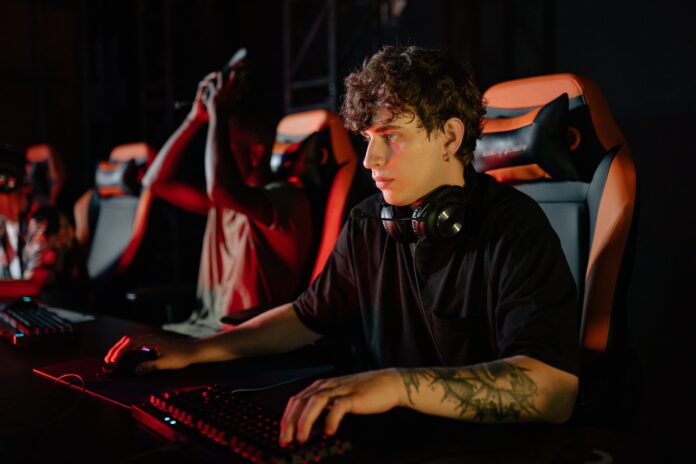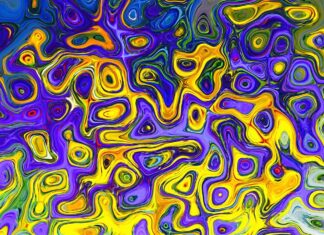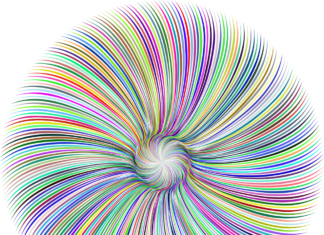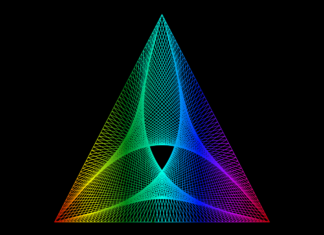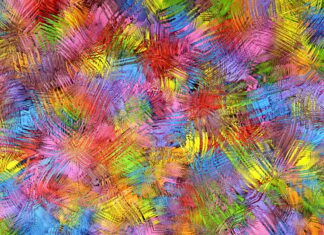Esports has become increasingly popular in recent years. We’ve noted that it’s spurred the growth of the gaming industry, where it’s established itself as a unique spectator sport that pulls in fans from all over the world. With the rise of esports, though, there have also been observations of the persistent vision issues affecting professional players. Though excessive exposure to digital screens is harmful to everyone, professional esports players are especially at risk due to the screen-heavy nature of training for and competing in competitions.
In fact, studies on gaming show that esports players tend to suffer from digital eye strain, fatigue, and dry eyes due to the extensive time they spend gaming. Considering the high prevalence of eye problems among esports players, it’s important to have proper interventions to prevent further injury within the industry. Here are some tips esports gamers can adopt to combat the persistent vision issues that come with their trade.
Use blue light-filtering gaming glasses
One of the easiest ways esports players can protect their eyes is by wearing the right protective eyewear. That’s where blue light glasses can help. These use filters that block enough blue light so only a healthy amount passes through. Additional anti-glare properties help preserve visual comfort for longer, reducing instances of eye strain, itching, and pain.
However, professional esports players may want to opt for dedicated gaming glasses that come with more helpful features. Take Oakley’s gaming eyewear. These use Prizm Gaming™ 2.0 Lens Technology that filters blue light while also enhancing color and contrast. Meanwhile, their large, lightweight O-Matter frames expand your field of vision and provide hours of comfortable wear while gaming. For the best effect when using blue light glasses, look for brands that specifically provide esports-friendly features.
Apply anti-glare filters
An anti-glare filter is a thin layer of plastic you place on a screen to prevent light glare. These filters are usually applied to prevent external light sources from reflecting on the screen, but they can also work to prevent eye strain for prolonged screen time. The ones from Ocushield were developed by optometrists to prevent symptoms of eye strain and fatigue. At the same time, they enhance darker colors to prevent squinting and make it easier to look at things on a screen. Such features can be beneficial for professional gamers who are prone to vision issues after long hours of play.
If the computers used during a game tournament do not have anti-glare filters fitted on the screens, esports players can turn to blue light filters. This is a helpful tool found in the software of most computer systems and involves decreasing the white point in screens and bringing a warmer light to decrease blue light. It does not enhance colors like an anti-glare filter, but it’s a great alternative for gamers when playing away from their personal devices.
Practice eye exercises
Did you know that there are exercises that you can do with your eyes to improve your health? Practicing yoga for dry eyes can help alleviate symptoms of dryness and strain from the excessive screen time needed to train in esports. These exercises are fairly simple and aim to strengthen and condition the muscles in the eyes to prevent fatigue.
An eye exercise that might be especially helpful is blinking and eye-rolling. Blink rapidly 10-15 times, take a deep breath, and repeat five times to help lubricate the eyes. For eye-rolling, keep your eyes open and look upwards as you bring your eyeballs in all directions and relieve eye strain. You can do this before or after training sessions or between rounds in competitions to help your eyes recover.
Get enough rest
A popular way of relieving eyes from the effects of excessive screen time is the 20-20-20 rule, which recommends that for every 20 minutes of screen time, you should look away at something at least 20 feet away for at least 20 seconds. This can be difficult for professional gamers, as games can last longer than 20 minutes at a time, and they can’t look away from their screens and risk losing.
To address this, gamers can also prioritize getting at least eight hours of sleep each night to help their eyes recover properly. Sleep deprivation can worsen eye health and exacerbate the effects of excessive screen time and blue light exposure for gamers. Good quality sleep is also important as it can maintain reaction time, which is essential in many tournaments.


